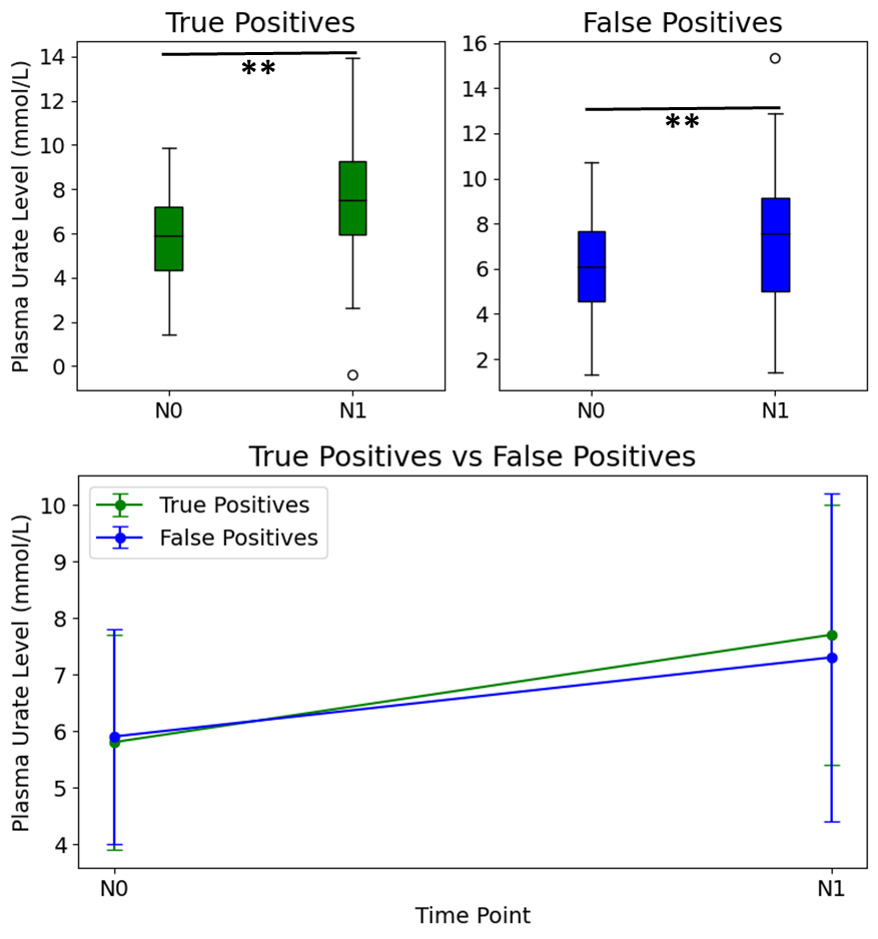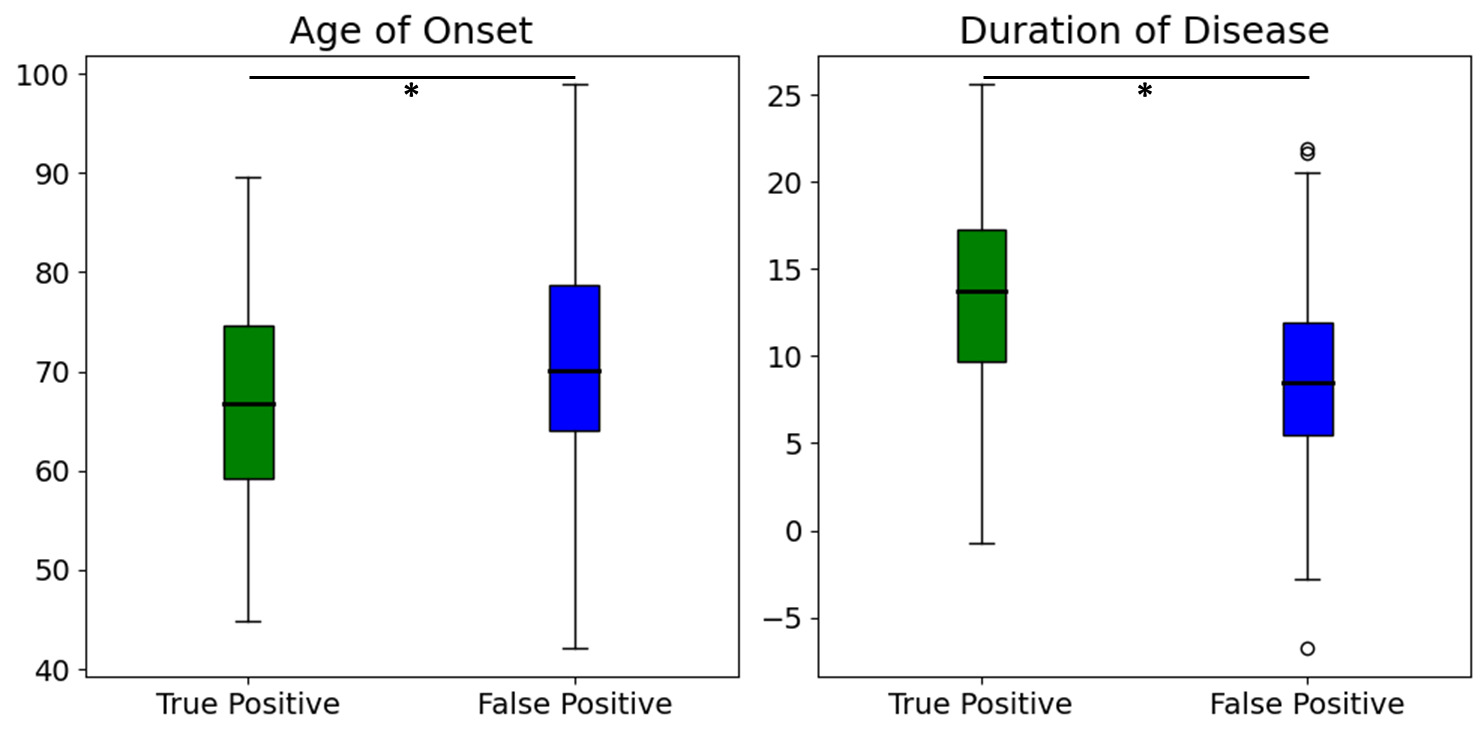Category: Parkinson's Disease: Pathophysiology
Objective: The aim of this study is to compare plasma uric acid levels between pathology-confirmed and clinically misdiagnosed Parkinson’s disease patients at a single-patient level. Our work purposes to investigate the role of urate in Parkinson’s disease.
Background: Literature has deeply investigated the potential role of uric acid as a protective agent on both Parkinson’s disease diagnosis and progression, with controversial findings [1, 2]. Importantly, this relationship has been assessed only stratifying population by Hoehn&Yahr stage and without the confirmation of the diagnosis by the pathology examination. Additionally, urate levels in Parkinson’s disease have been questioned to be lowered due to a reverse causation mechanism.
Method: 66 patients with an alive clinical diagnosis of Parkinson’s disease that underwent a post-mortem pathology validation were enrolled from the UK Brain Bank. The pathology analysis served as the gold standard to classify study population in patients affected by idiopathic Parkinson’s disease (True positive) and other parkinsonian syndromes (False positive). In 33 patients, the pathology examination confirmed the diagnosis, while 33 patients were misdiagnosed. Patient charts were reviewed to estimate uric acid levels over time and statistical analysis was subsequently conducted to compare urate levels within and between the groups at each time point.
Results: A paired t-test demonstrated a significant increase of plasma urate during individual follow-up within the true positive, t(32) = -4.02, p < 0.001, and false positive, t(32) = -4.19, p < 0.001, groups [figure1]. An independent sample t-test showed no difference when comparing the two groups at each time point. True positives also experienced significant longer disease duration, t = 3.15, p = 0.0025, and lower age of onset, t = -2.42, p = 0.018 [figure2].
Conclusion: In this case-control study, plasma urate was shown to rise in pathology-confirmed Parkinson’s disease patients with a rate of increase that is similar to other parkinsonian syndromes.
Plasma urate levels from N0 to N1 for both groups.
Box plot of age of onset and duration of disease
References: 1. Shen, C., et al., Serum urate and the risk of Parkinson’s disease: results from a meta-analysis. Canadian journal of neurological sciences, 2013. 40(1): p. 73-79.
2. Wen, M., et al., Serum uric acid levels in patients with Parkinson’s disease: A meta-analysis. PloS one, 2017. 12(3): p. e0173731.
To cite this abstract in AMA style:
P. Pecoraro, S. Carbone, V. Di Lazzaro, L. Di Biase. A pathology-validated study to investigate the role of Uric Acid in Parkinson’s Disease [abstract]. Mov Disord. 2024; 39 (suppl 1). https://www.mdsabstracts.org/abstract/a-pathology-validated-study-to-investigate-the-role-of-uric-acid-in-parkinsons-disease/. Accessed March 4, 2026.« Back to 2024 International Congress
MDS Abstracts - https://www.mdsabstracts.org/abstract/a-pathology-validated-study-to-investigate-the-role-of-uric-acid-in-parkinsons-disease/


